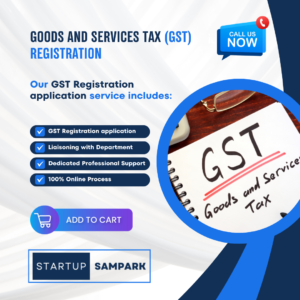Choosing the Right Business Structure
Choosing the right business structure is a critical decision when starting a business in India, as it affects your liability, taxation, and operational flexibility. One option is a sole proprietorship, which is the simplest form of business structure where a single individual owns and operates the business. This structure is easy and inexpensive to set up, allows complete control over decision-making, and has minimal regulatory requirements. However, it comes with unlimited personal liability, meaning the proprietor’s personal assets are at risk if the business incurs debts or legal issues. Additionally, raising capital can be limited.
Another option is a partnership, where two or more individuals share ownership and management of the business. Partnerships are relatively easy to establish, combine the resources and skills of partners, and offer a flexible operational structure. However, partners share unlimited personal liability, which can put personal assets at risk, and disputes among partners can impact the business.
A Limited Liability Partnership (LLP) offers a blend of partnership and company features. In an LLP, partners have limited liability, protecting their personal assets from business debts. LLPs also benefit from the flexibility of a partnership with fewer compliance requirements compared to a company. This structure is suitable for professional services and smaller businesses looking for limited liability and operational flexibility.
Private Limited Company (Pvt Ltd) is a more formal structure where the company is a separate legal entity from its owners. This structure limits the liability of shareholders to the amount unpaid on their shares. It allows for easier access to funding, potential for growth, and credibility with clients and investors. However, it involves more regulatory requirements, including audits, annual filings, and compliance with the Companies Act.
A Public Limited Company (Ltd) is similar to a private limited company but can offer shares to the public through a stock exchange. This structure is suitable for large businesses seeking to raise substantial capital. Public companies have stringent regulatory requirements, including regular disclosures and adherence to corporate governance standards. While it offers significant capital-raising opportunities and high credibility, the costs and regulatory compliance can be high.
Each business structure has its advantages and disadvantages, and the choice depends on factors such as the nature of the business, the level of liability protection required, funding needs, and regulatory preferences. It’s essential to carefully evaluate these aspects and consult with legal and financial advisors to select the most appropriate structure for your business in India.
startup india
-
 MSME Registration₹1,180.00
MSME Registration₹1,180.00 -
 GST Registration₹2,360.00
GST Registration₹2,360.00 -
 Trademark Registration₹7,450.00
Trademark Registration₹7,450.00

















Post Comment